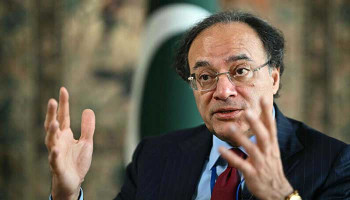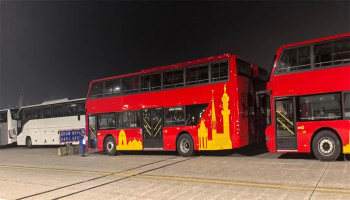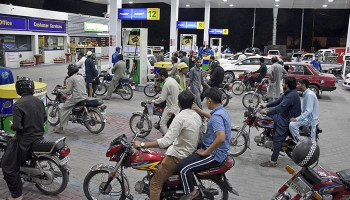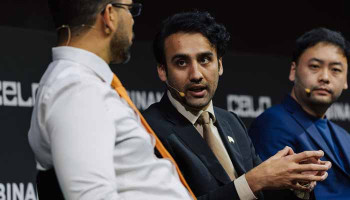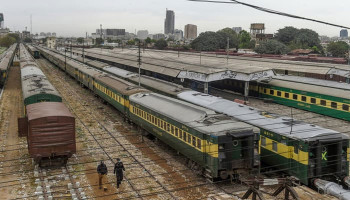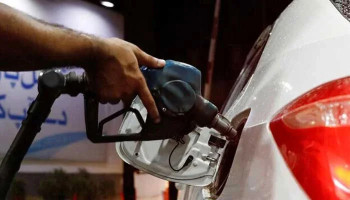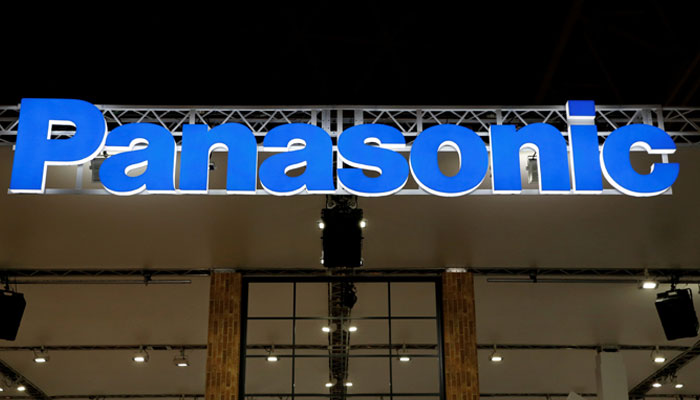
Panasonic CEO Yuki Kusumi signalled a delay in building a third battery plant in North America as demand for electric vehicles cools, emphasizing that the Tesla supplier should focus more on boosting productivity.
Previously, Panasonic Energy said the battery unit aimed to decide on building the factory by the end of March.
However, in an interview with Reuters, Kusumi said that the aforementioned decision would “only be made when the timing is right.”
He said: "I keep telling people we need to think about thoroughly raising productivity before setting up a third location.”
It should be noted that the CEO’s comments come amid signs of declining demand for electric vehicles in the United States that have prompted some automakers, including General Motors and Ford, to scale back production plans.
Panasonic Energy has a plant in Nevada and has broken ground on a second one in Kansas. In December it said Oklahoma — where it was previously exploring building a factory — was no longer a candidate site.
The unit expects the Kansas plant to take its annual auto battery capacity to 80 gigawatt hours (GWh) a year. It aims to raise that to 200 GWh by early 2031.
Kusumi further revealed that his main instruction to the energy unit was to “prioritise boosting production volume from its existing investment over deciding on the site of the third plant”.
He said that keeping in view the human resources requirements of a new plant it was generally better to have fewer production sites.
The CEO added there was room to raise production capacity by improving processes such as machine maintenance and that time lags due to changing circumstances happen in any business.





